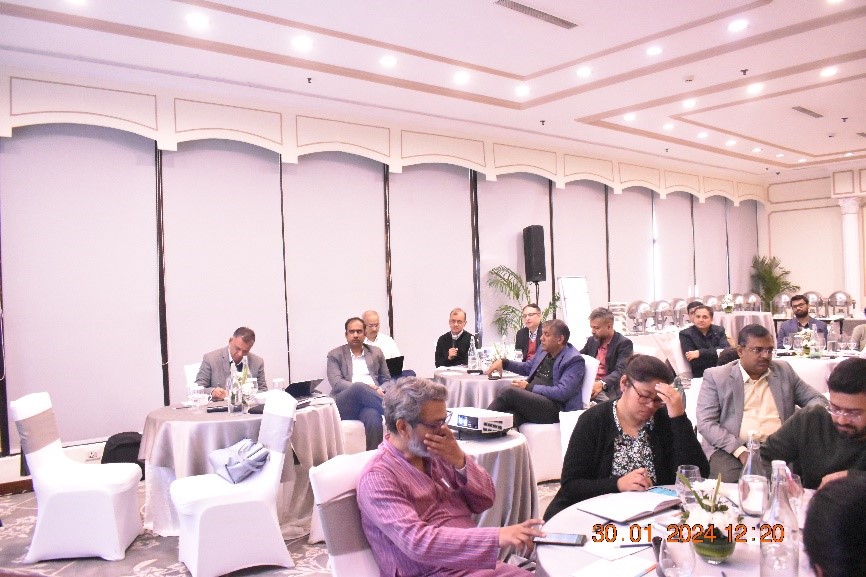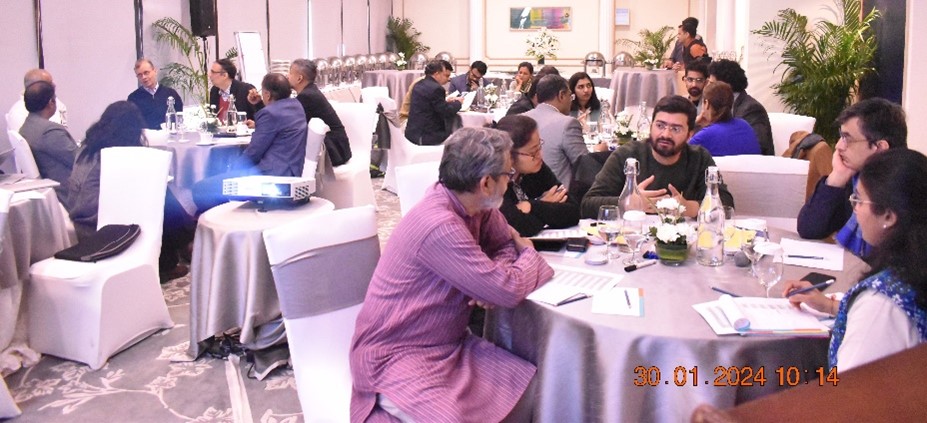
Industry Building and Cooling Programme team of Shakti organised its first Stakeholder Planning Workshop 2024, on January 30, 2024, focused around ‘Pathways to Sustainable Cooling in India.’ In the workshop, 22 participants from 18 organisations representing various subject matter experts deliberated on key challenges and opportunities in operationalising India’s Cooling Action Plan (ICAP) recommendations at the subnational level, specifically in space cooling within buildings and the sustainable cold value chain.
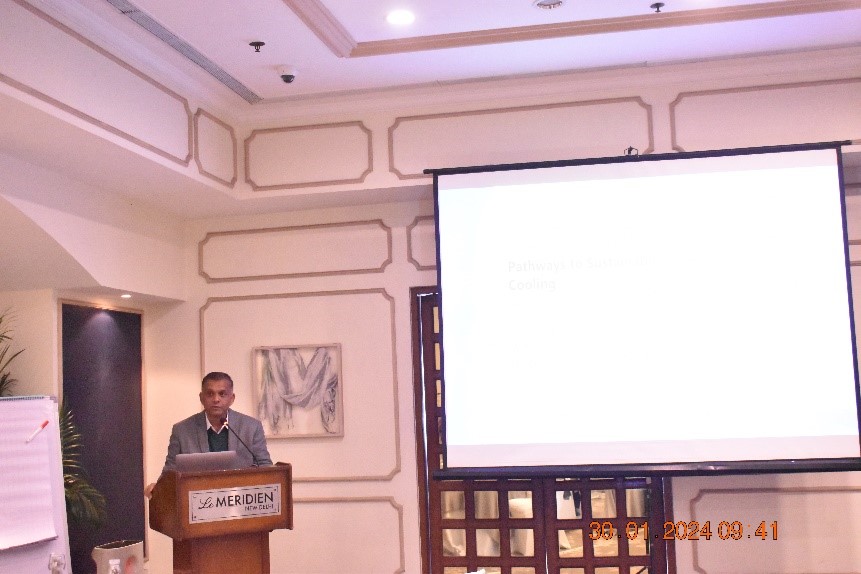
The discussion on space cooling highlighted relevant policy design needs for enhanced involvement of state and city-level utilities; integration of Energy Conservation Building Codes (ECBC) with national building codes; and linking thermal comfort and cooling to socioeconomic advancements. Additionally, capacity-building efforts of various workforces towards climate-sensitive design and using local materials were emphasised alongside prioritising cooling efficiency benchmarking; and periodic evaluation of energy-efficient appliances to ensure optimal performance. Financial mechanisms to drive market transformation towards affordability and access to innovative technologies were also proposed.
In the sustainable cold value chain sector, participants provided key insights on cold chain logistics management and monitoring aspects for the integrated development of the cold value chain. The workshop recommendations highlighted real-time monitoring systems for temperature-sensitive goods, retrofitting cold storage facilities for enhanced energy efficiency, and incorporating energy-saving measures into existing schemes. Strengthening market linkages, involving Farmer Producer Organisations (FPOs), and capacity building for stakeholders engaged in cold chain management were underscored.
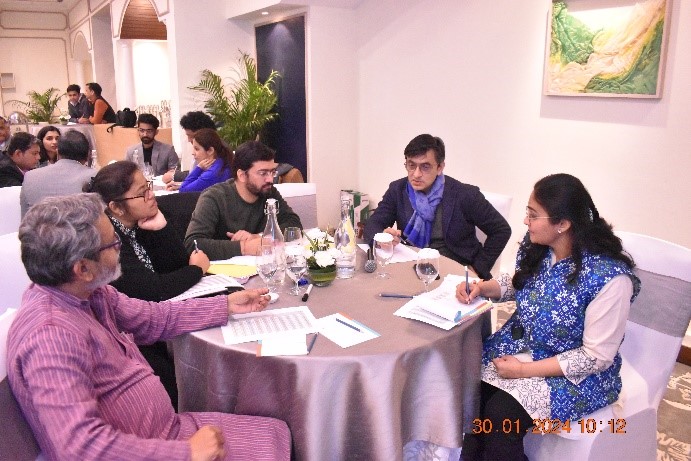
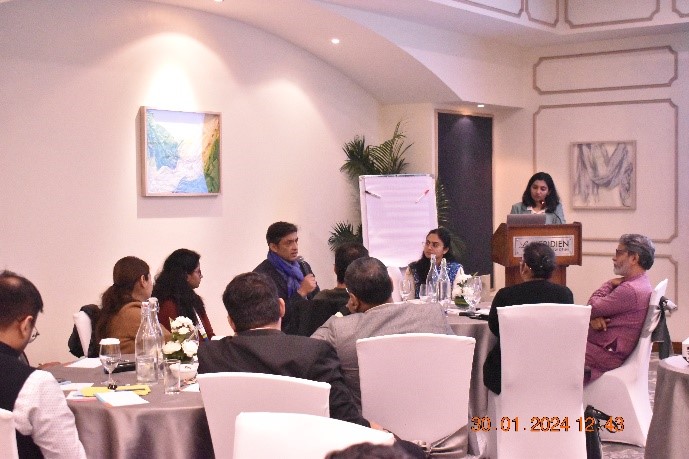
The targeted outcomes for 2024 included bringing more clarity on structured governance for ICAP implementation, easy comprehension of building energy codes for implementation, capacity building of government officials, enhanced stakeholder engagement, and increased adoption of innovative cooling technologies. Key priority areas included the availability of implementation frameworks for code compliance, knowledge-sharing initiatives to promote the adoption of innovative technologies, and workforce skilling programs to support sustainable cooling initiatives. The workshop emphasised the critical role of governance and implementation frameworks in advancing sustainable cooling solutions in India.
